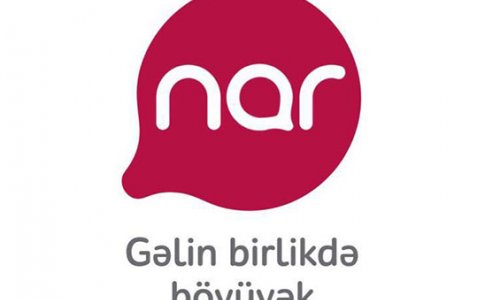While the world is distracted by the unending Greek saga (will it or won’t it leave the euro?) and the epic Chinese stock-market meltdown (and manipulation), something really important is going on. Three words sum it up: Iran and oil.
Negotiators have reached a deal with Iran to constrain its nuclear arms program. Despite the pessimism and outright fear-mongering, an agreement has been reached.
Don’t let China's stock market and Greece's debt melodrama distract you from paying attention to this issue -- now that this deal is all but consummated, the repercussions are potentially enormous.
The agreement to end 13 years of sanctions against Iran over its nuclear aspirations is likely to be the defining foreign policy achievement of the Obama administration. Iran had opportunistically pursued its nuclear ambitions after 9/11, accelerating the program once its biggest regional enemy, Saddam Hussein, was removed by the U.S. military invasion.
Normalizing relations between one of the largest military powers in the Middle East and the major nations of the West is a huge, game-changing event. Iran’s ruling party wants access to global markets, technology and capital; Iranian youth would like access to Western consumer goods, culture and most of all, the Internet. How much any of these become part of the end result of a deal has yet to be determined.
What is perhaps most fascinating about this deal is the role and ambitions of China and Russia.
China’s motives are more obvious: It would like to blunt the projection of U.S. military power around the world, disengagement of the U.S. from Middle East politics and -- most of all -- a reduction of geopolitical tensions that tend to raise oil prices.
Russia’s interests are more complex, since it benefits from higher oil prices. Putting Iran’s huge oil production back on the market could exacerbate today's global crude glut. Speculation that this will happen has already helped push down the price of oil, which has fallen by about a third in the past 12 months. Further signs of a Chinese economic slowdown also are weighing on crude prices.
Given the current situation, including sanctions against Russia for its role in destabilizing eastern Ukraine, one has to wonder what advantage there is for Vladimir Putin & Co. if Iranian oil begins to flow freely to the global market.
The Houston Chronicle quoted Neil Atkinson, an oil analyst at Lloyd’s List Intelligence in London, who observed, "It’s finally dawning on the market that the overwhelming weight of supply growth isn’t just going away… Iran is a huge factor. I can see $50 in sight for West Texas Intermediate [when a deal is reached].” Iran has 40 million barrels of crude stored on at least 23 ships that could be released into the market relatively quickly, the Chronicle added.
So what's driving the Russians to be so cooperative? Perhaps the lessons of the 1980s are still fresh in Putin’s mind. What brought down the Soviet Union wasn't the result of military failures or armed conflicts through surrogates. Rather, it was the economic might of the U.S. Supporting a huge military requires a large, efficient and productive economy and the Soviets simply couldn't compete with the U.S. As much as former U.S. President Ronald Reagan is praised for the collapse of the USSR, Adam Smith deserves more credit.
The Russians may have figured out that fighting the American economy has been a losing game for them.
A peaceful, non-nuclear Iran might help to limit the U.S. presence in the Middle East, according to Gary Samore of Harvard's Belfer Center. "The Russians don't like to see the U.S. going around the world, bombing countries," he noted.
Given the painful sanctions on Russia -- and the related precarious economic state it is in because of much-reduced oil prices -- greater cooperation between Russia and the U.S. could be mutually beneficial. Both want to see a defeat of the Islamic State. So does Iran. All benefit from a more stable Middle East, albeit for very different reasons.
Putin is smartly playing a long game. Lower oil prices will be painful in the short run for Russia. But an aggressive U.S., with an expansionist military around the world may be even worse. Hence, the surprising willingness of Russia to sign on to an agreement to lift sanctions against Iran.
The key takeaways of the deal with Iran is that it has the potential to lower energy prices, reduce tensions in an area fraught with conflict and create an opening for Russia to find a way to end the sanctions now hobbling its economy. A Russian economy that is better integrated into the world economy will have far better growth prospects.
It will be interesting to watch the contortions and hysterics among members of Congress opposed to the Iran deal. But as of now the critics of the accord lack a veto-proof majority. However much they might complain, it is likely to just be political noise.
Watch the price of oil. Consider what increases in supply and reduction of Middle East tensions do to its price. Then imagine what that could mean for the global economic recovery.
(bloomberg.com)
www.ann.az
Follow us !











